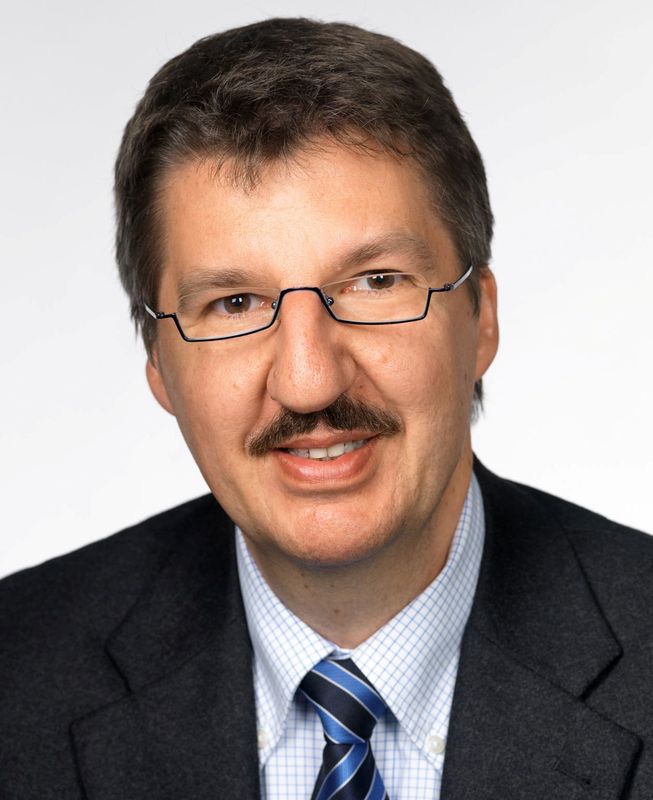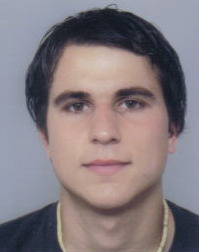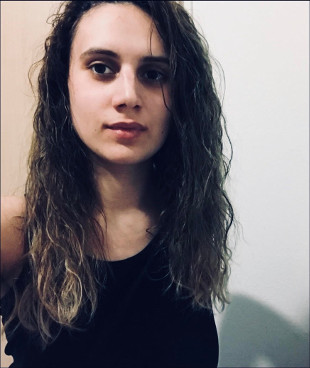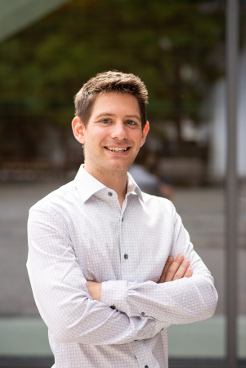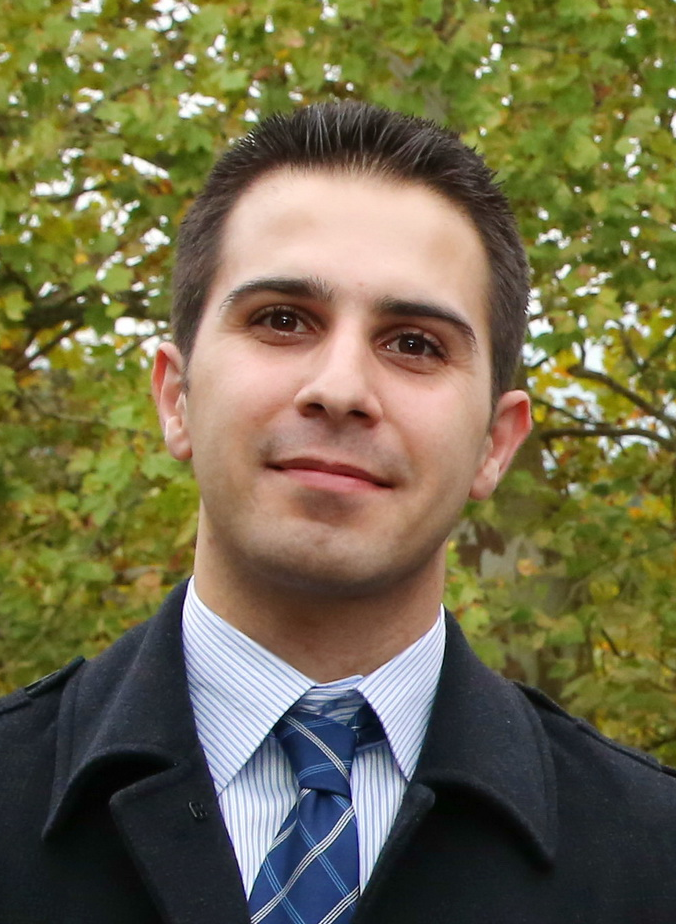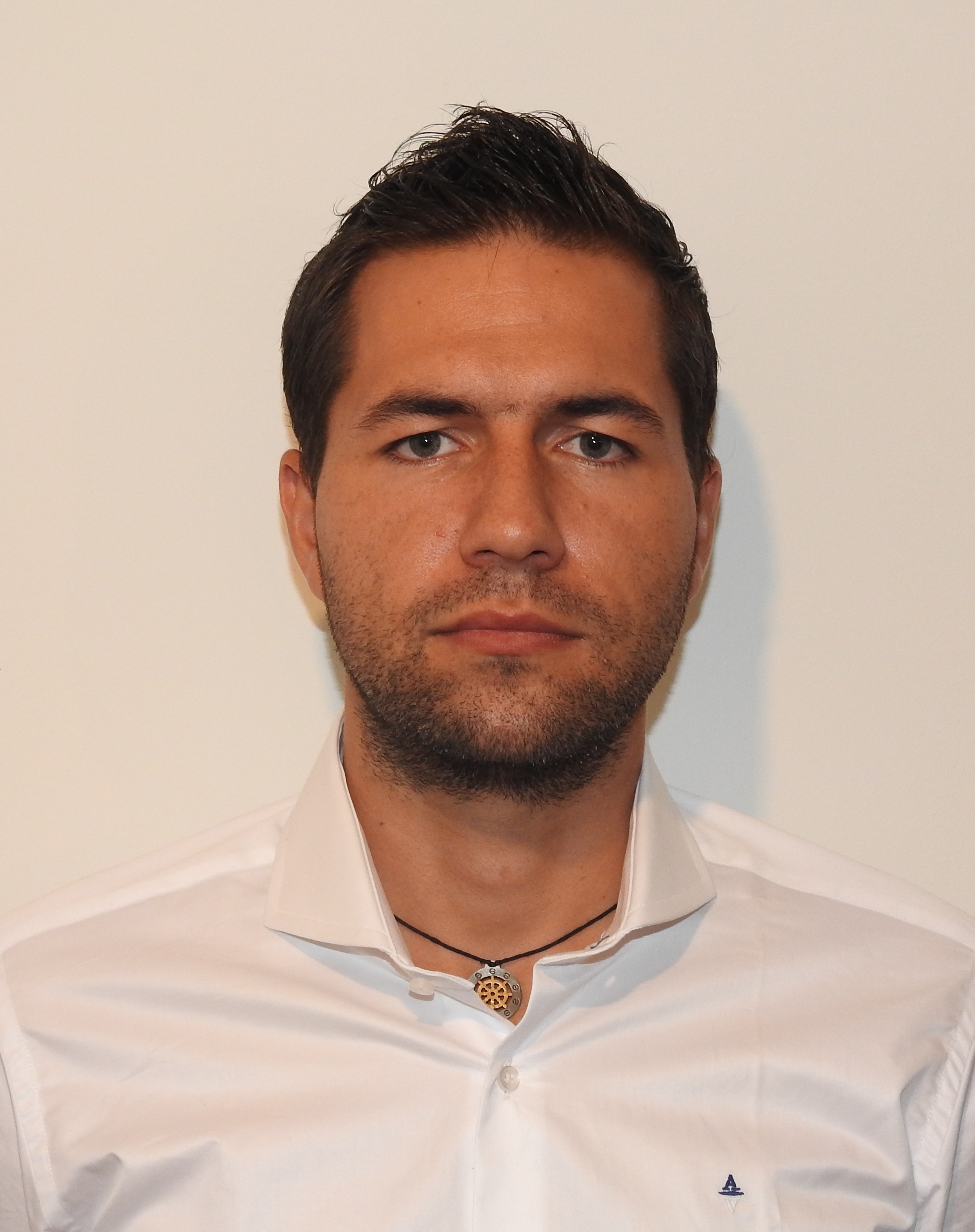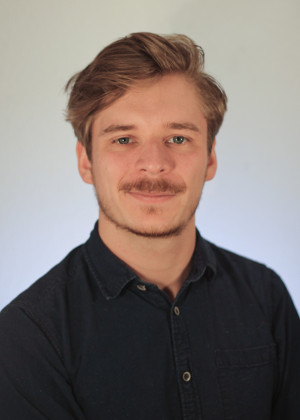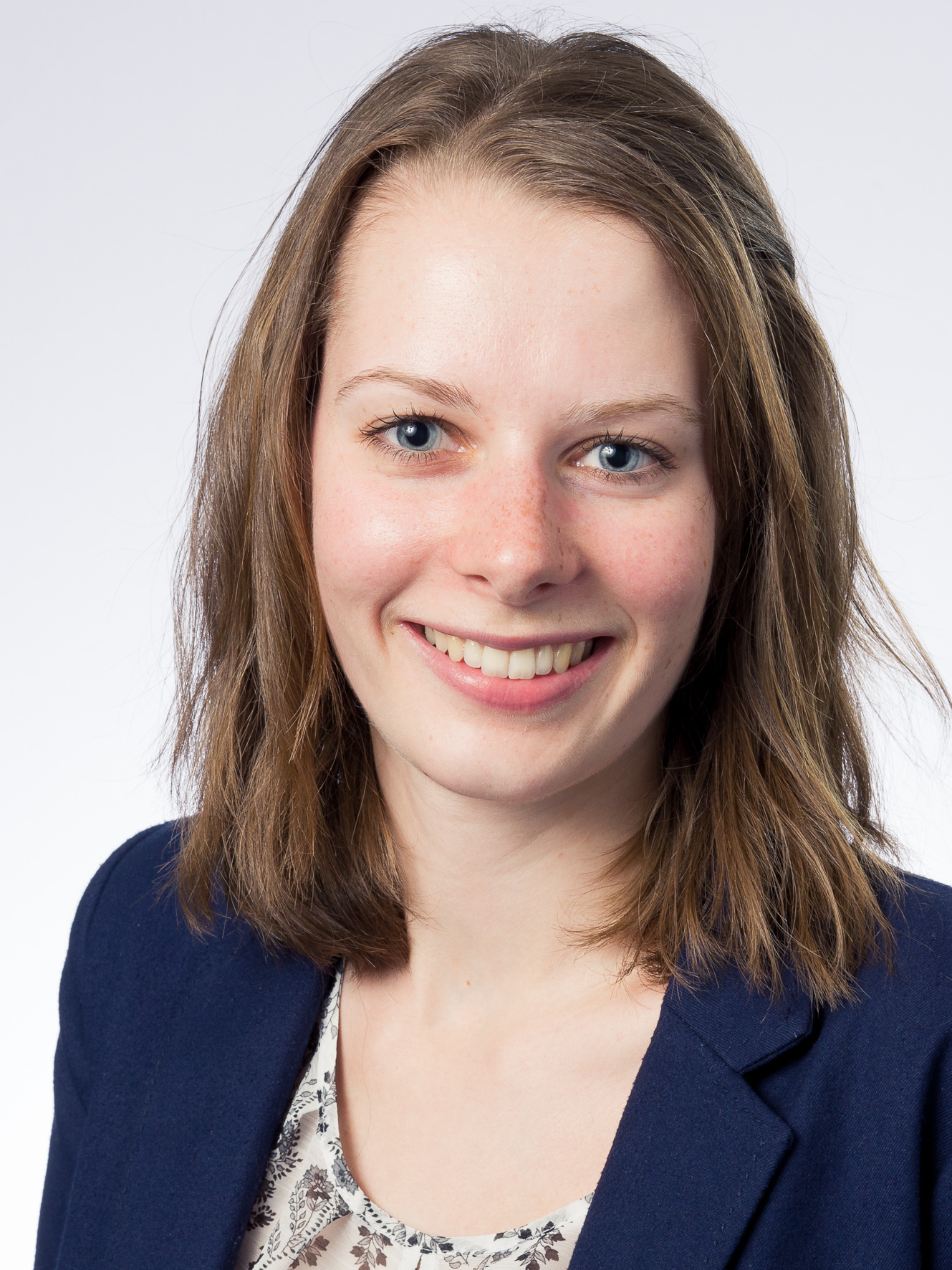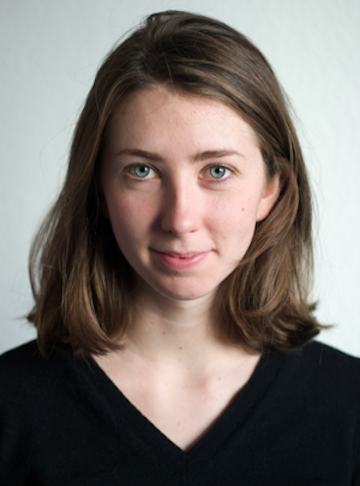Staff
Is the leader of the research group Thermal Process Engineering – Computational Fluid Dynamics and supervises 14 PhD candidates at the moment. His research topics are separations engineering (thermal process engineering), combined heat and mass transfer; membrane technology (gas permeation, pervaporation, reverse osmosis, nanofiltration, ultrafiltration, electrodialysis and hybrid processes); process control, automation of complex separation processes; computational fluid dynamics (CFD) for process engineering applications, modelling of reactive and multiphase systems, transient flows, custom model development; experimental fluid dynamics for the validation of CFD and the determination of boundary conditions using Laser Doppler velocimetry (LDV), particle dynamics analyzers (PDA), particle image velocimetry (PIV) and related methods. He has been project manager for several successful projects in order to develop and demonstrate biogas upgrading processes and to separate of hydrogen from producergas of a biogas combustion by membrane technology. He is also partner of international research projects. As coordinator of an EU funded project (FP7-SME) he investigated in the reduction of operating resources and optimising cleaning processes for food and pharma industry. Mr. Harasek is a scientific area manager of the K1 Centre “K1 MET” and is involved in the design of the scientific programme in the fields of raw materials and alternative reducing agents for steel production. His mail goal in research and teachings is the technical implementation of energy efficient processes.
CV under preparation.
Is a process engineer with special focus on energy- and environmental technology and received his BSc and MSc from the University of Applied Sciences Burgenland, Austria. During his master thesis he specialised on Computational Fluid Dynamics (CFD) and kinetic modelling of gas-solid reactions at the Research Group of Prof. Ingwald Obernberger and Prof. Robert Scharler at Graz University of Technology, Austria. After receiving his MSc he worked for two years with the research group of Prof. Franz Winter at TU Wien, Vienna, Austria and deepened his knowledge in kinetic modelling. In 2016 Markus started his PhD at the research group Thermal Process Engineering & Simulation supervised by Prof. Anton Friedl and Ass. Prof. Michael Harasek. His PhD project is a joint project with K1-MET and the task is to create a CFD framework for the raceway zone of blast furnaces. His work includes model development and optimization for turbulent combustion, heterogeneous gas-solid combustion, Eulerian multi-fluid models and Lagrangian particle tracking.
Is a mechanical and process engineer graduated in 2019 at University of Belgrade, Serbia. Her master thesis was received in field of chemical and biochemical operations and reactors. In 2020 Dragana started her PhD at the research group Thermal Process Engineering & Simulation at TU Wien. Her current field of interest is investigation of multiphase systems and centrifugal separation implementing methods of Computational Fluid Dynamics (CFD).
Is a chemical engineer from Vienna, Austria. He joined the research group of Thermal Process Engineering & Simulation as a master student in 2017. During his thesis he used Laser Doppler Velocimetry (LDV), statistical methods and OpenFOAM to investigate turbulent phenomenas in a mixing process. Since his graduation in 2018 he continues his work at the CFD group as a PhD student. In his current project he uses his knowledge in experimental and computational fluid dynamics to aid the development of a miniaturized pump.
Bahram Haddadi, Ph.D. is a chemical engineer and experimental and numerical fluid dynamist graduated from TU Wien (Austria) in 2018. He is currently employed as a scientific project assistant at TU Wien, Institute of Chemical Engineering (Austria). Working for the research group Thermal Process Engineering – Computational Fluid Dynamics since 2014, he has been contributing successfully in projects in design optimization of DeNOx plants, analysis of fluid flow in packed beds, including the influence of packing properties on pressure drop, as well as multi-component, multi-phase flow in lab scale and industrial applications. He has vast experiences in Computational Fluid Dynamics (CFD), programming (C++, matlab, fortran ...), developing new software and experimental fluid mechanics (including LDV and PIV) and also teaching CFD (academic and industrial courses).
Is a mechanical engineer and graduated in 2015 at TU Wien. He continued with his studies as a PhD student at the Institute of Chemical Engineering and he is employed as a scientific project assistant by joining the research group Thermal Process Engineering – Computational Fluid Dynamics. His current field of interest is to investigate mixing processes using CFD and measurements where various physical phenomenas are considered, like non-Newtonian fluid rheology. He also gained experience to handle and create high quality dynamic meshes using AMI.
Developing an CFD based optimization tool at TU Berlin, Benjamin Lukitsch familiarized himself with OpenFOAM as well as the wrapping of OpenFOAM in an automated python environment. He also gained experience in handling basic optimization algorithms. In 2017, he graduated at TU Wien as a chemical engineer and continued his work in the area of CFD as a scientific project assistant and PhD student at TU Wien, Institute of Chemical engineering. Within his ongoing work for the research group Thermal Process Engineering – Computational Fluid Dynamics, he further develops models and solvers for the description of transmembrane flux and species transport in the neighboring fluids.
Is a chemical and process engineer graduated in 2018 at TU Wien. During his master thesis he gained experience in creating, automated modification and meshing of complex geometries using open source tools. He continued his work in in CFD as a scientific project assistant and PhD student at TU Wien, Institute of Chemical engineering for the research group Thermal Process Engineering – Computational Fluid Dynamics. Currently he is working of the simulation and optimisation of industrial tunnel kilns in brick industry. Working on different projects he also gained experience with Discrete Element Method (DEM)-simulations.
Is a chemical engineer graduated in 2017 from TU Wien. She specialized in fuel and energy technologies during her master studies. Already her master thesis was supervised by Ass.Prof. Michael Harasek within the research group Thermal Process Engineering & Simulation. During the thesis she investigated reactive flow simulations, with special emphasize on new developments for the Eddy Dissipation Concept. After her master thesis she continued as a PhD student within a joint project with K1-MET GmBH. The focus of her work lies in kinetic modelling of gas phase and gas-solid reactions in CFD simulations for the simulation of the raceway zone of blast furnaces.
Barbara Weiß is an environmental process engineer who received her BSc and MSc from RWTH Aachen University. During her master thesis she was focusing on the investigation of combustion kinetics as a research assistant at Fraunhofer UMSICHT Oberhausen in Germany. After her graduation she was working as process engineer in the field of thermal plant design for the wood industry. Since October 2019 she is a project assistant and PhD student at TU Vienna at the research group Thermal Process Engineering & Simulation supervised by Prof. Michael Harasek. She is focusing on the topic of chemical recovery particularly with regards to SO2 absorption and its optimization using process modeling tools and Computational Fluid Dynamics (CFD).



